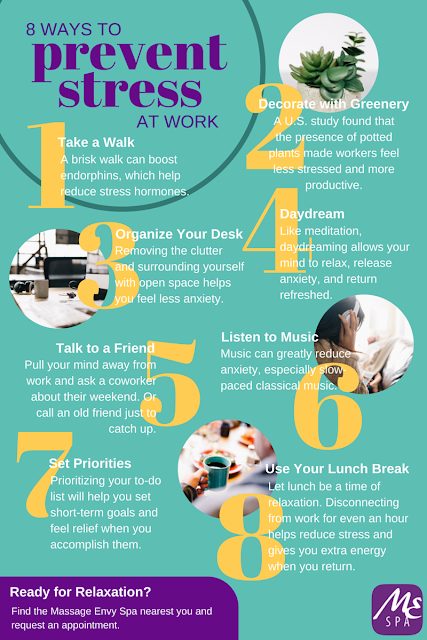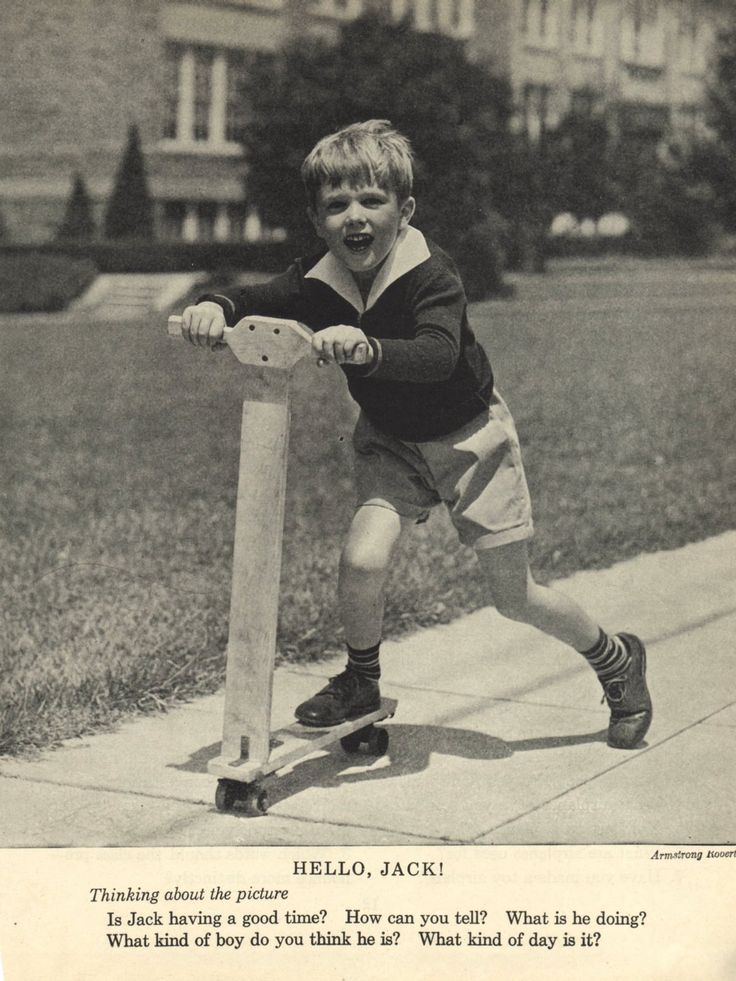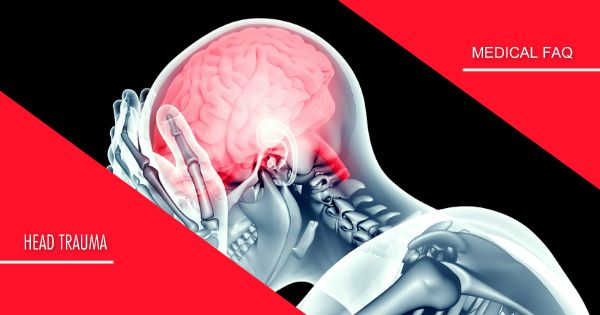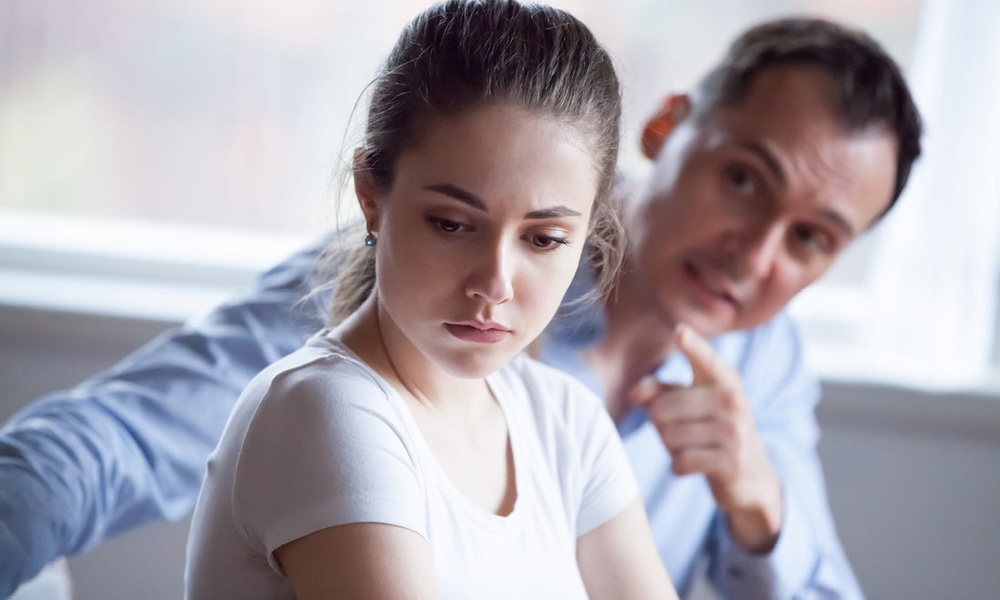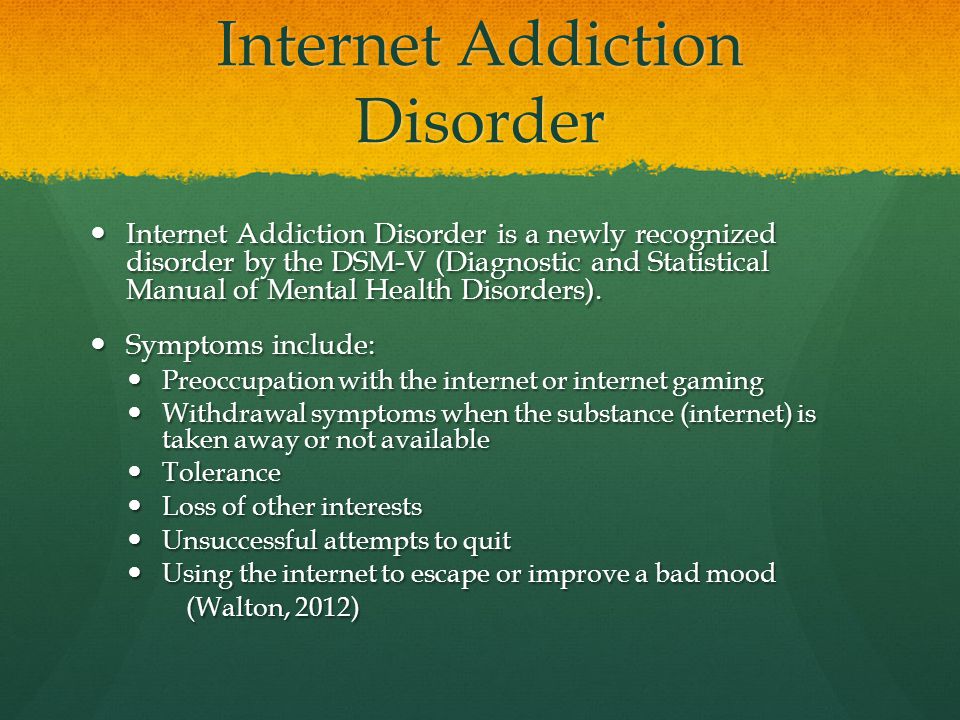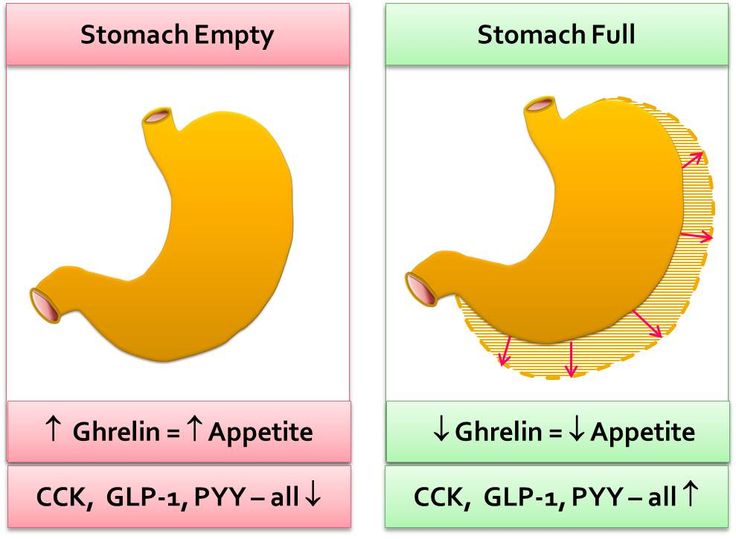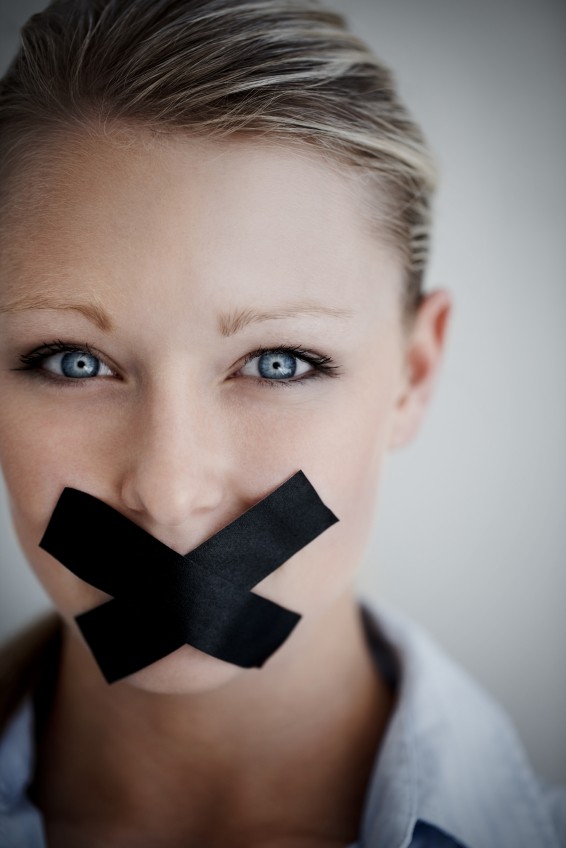What can you do to reduce anxiety
Tips to help ease anxiety
Speaking of Health
Topics in this Post
- Anxiety
- Balance your mental and emotional health
- Family Medicine
- Behavioral Health
- COVID-19
Anxiety often is described as sustained and excessive worry that a person cannot control, and is related many times to the anticipation of a future threat, such as COVD-19 or a traumatic event. At times, anxiety can have a large and negative affect on our daily lives, work, relationships and overall happiness. Anxiety also can manifest as an irritable, worried, restless and debilitating stress response which can last for minutes to days. Most everyone has had anxiety surrounding a stressful situation.
Anxiety becomes an obstacle for a happy, healthy life when it affects our day-to-day lives in these ways:
Emotionally, anxiety can appear as:
- Excessive worry
- Fatigue
- Irritability
- Panic attacks
- Paranoia
- Poor concentration
- Restlessness
- Sleep disturbances
Physically, anxiety can appear as:
- Chest pain
- Diarrhea, stool pattern changes or upset stomach
- Headache
- Increased heart rate
- Muscle aches
- Shaking
- Shortness of breath
- Sweating
The negative effects of anxiety
Left unchecked, anxiety can negatively affect our lives in these ways:
- Interrupting daily life — Causing issues at home, school, work and socially
- Isolating us — Not wanting to participate in normal daily activities or take new steps in life due to fear
- Emotionally — Increasing our risk for depression, suicide and failure to progress in life
- Physically — Increasing our risk for physical distress, nausea, vomiting, diarrhea, constipation, chest pain and tremors
- Mentally — Increasing our risk for financial complications, poor decision-making and poor communication
Tips to help combat anxiety
There are a number of things you can try to help combat anxiety, including:
- Behavioral therapy
- Deep breathing
- Exercise
- Journaling
- Meditation
- Reading
- Socializing, following pandemic guidelines of social distancing, masking and hand hygiene)
- Speaking with your health care provider
- Spirituality
- Thought reframing
When to seek advice or treatment from a medical professional
It's recommended you speak to a health care provider about your anxiety should any of these situations occur:
- Your anxiety becomes an obstacle — In any aspect of everyday living, often causing difficulties for six or more months
- Your anxiety becomes a negative influence in relationships — Creating barriers in life
- Your anxiety leads to isolation — Producing thoughts of hopelessness or helplessness
- Your anxiety controls your life — When your emotional or physical response to excessive worry is controlling your life in some aspect or another
A person with anxiety can seek support from a therapist, medical provider, family member, friend, community support person, crisis line resource or a crisis center. Depending on the severity of your anxiety, a behavioral therapy plan, anti-anxiety medication and/or coping mechanisms may be directed to your personal situation.
Recognition of anxiety is a key factor in dealing with excessive worry and moving forward in life. If you have any of the above symptoms or have difficulty controlling worry in your life, ask yourself if it could be anxiety you're experiencing. It's important to share any concerns of excessive worry with your health care provider so we can help you identify ways to address your anxiety and move past the debilitation of excessive worry.
If COVID-19 has increased your anxiety, learn ways to tame anxiety during the pandemic, and get tips for mindfulness and coping.
Jill Christensen is a Family Medicine nurse practitioner in Waterville, Minnesota.
For the safety of our patients, staff and visitors, Mayo Clinic has strict masking policies in place. Anyone shown without a mask was either recorded prior to COVID-19 or recorded in a non-patient care area where social distancing and other safety protocols were followed.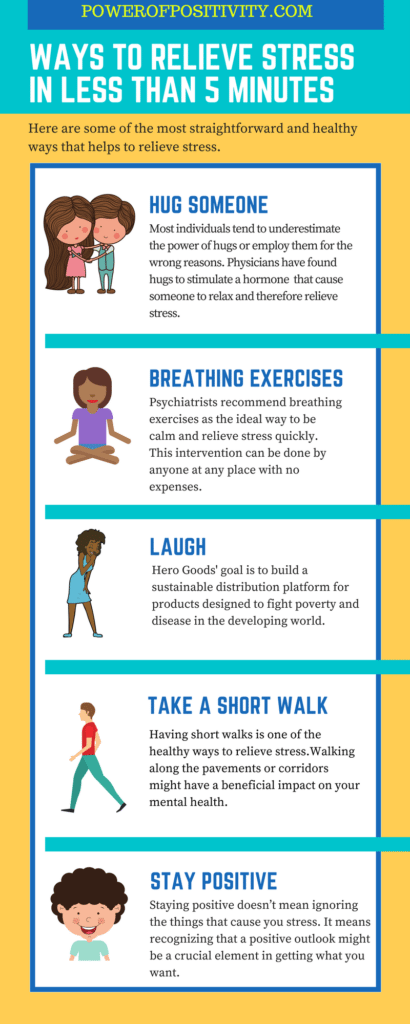
Topics in this Post
- Anxiety
- Balance your mental and emotional health
- Family Medicine
- Behavioral Health
- COVID-19
Self-care tips during the COVID-19 pandemic
COVID-19 during winter: 8 things you can do to mentally prepare
9 ways to tame anxiety during the COVID-19 pandemic
Tips and Strategies to Manage Anxiety and Stress
A Featured Image
Boost Search Results
Off
At some point, anxiety and stress affect everyone. They can manifest differently in different people, and the level of anxiety one experiences can vary, but there is one thing for certain: there are ways to manage anxiety, even if it feels out of control.
Of course, if anxiety is affecting your everyday life and getting in the way of your daily productivity for an extended period, please seek assistance.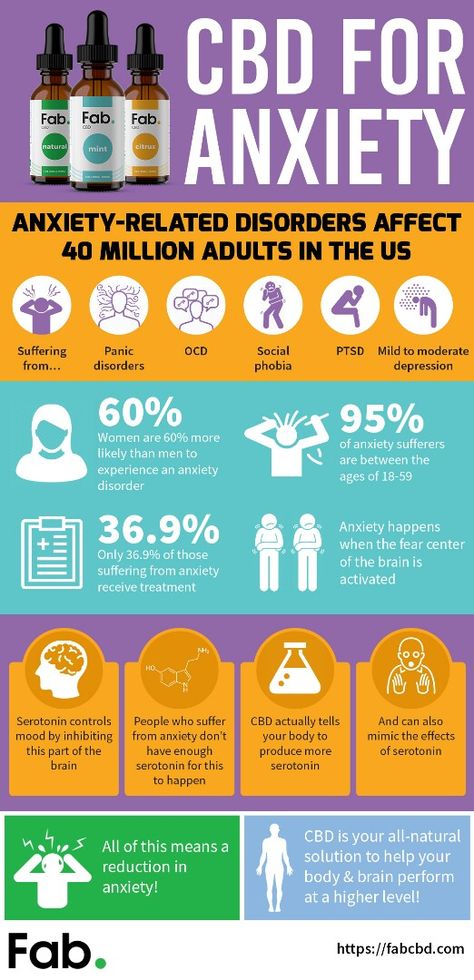 Find Help
Find Help
Information about causes and treatment goes a long way in helping to understand anxiety and stress, but there are also some physical and mental things you can do when feeling anxious or stressed. Some coping strategies from ADAA’s experts include:
Coping Strategies
Try these when you're feeling anxious or stressed:
- Take a time-out. Practice yoga, listen to music, meditate, get a massage, or learn relaxation techniques. Stepping back from the problem helps clear your head.
- Eat well-balanced meals. Do not skip any meals. Do keep healthful, energy-boosting snacks on hand.
- Limit alcohol and caffeine, which can aggravate anxiety and trigger panic attacks.
- Get enough sleep. When stressed, your body needs additional sleep and rest.
- Exercise daily to help you feel good and maintain your health. Check out the fitness tips below.
- Take deep breaths.
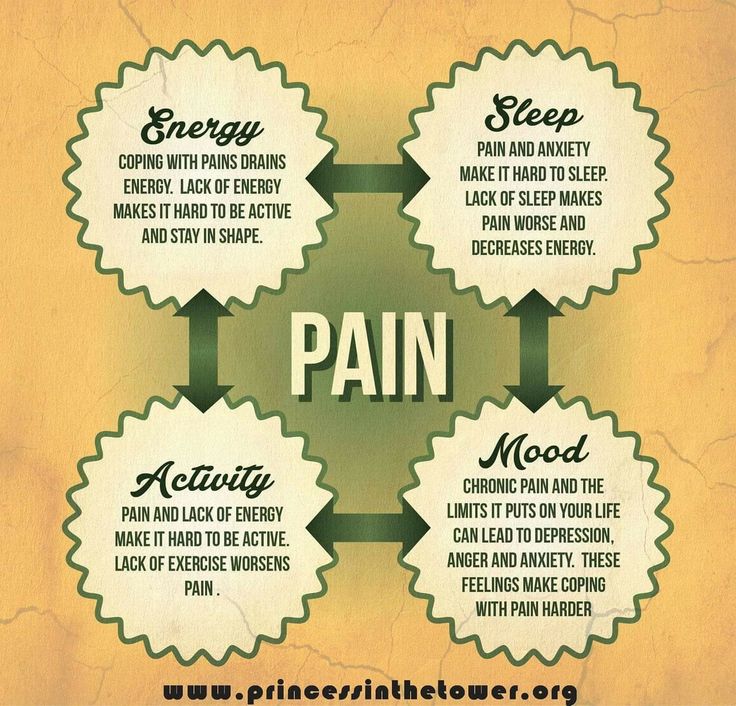 Inhale and exhale slowly.
Inhale and exhale slowly. - Count to 10 slowly. Repeat, and count to 20 if necessary.
- Do your best. Instead of aiming for perfection, which isn't possible, be proud of however close you get.
- Accept that you cannot control everything. Put your stress in perspective: Is it really as bad as you think?
- Welcome humor. A good laugh goes a long way.
- Maintain a positive attitude. Make an effort to replace negative thoughts with positive ones.
- Get involved. Volunteer or find another way to be active in your community, which creates a support network and gives you a break from everyday stress.
- Learn what triggers your anxiety. Is it work, family, school, or something else you can identify? Write in a journal when you’re feeling stressed or anxious, and look for a pattern.
- Talk to someone. Tell friends and family you’re feeling overwhelmed, and let them know how they can help you.
 Talk to a physician or therapist for professional help.
Talk to a physician or therapist for professional help.
Fitness Tips: Stay Healthy, Manage Anxiety andStress
For the biggest benefits of exercise, try to include at least 2½ hours of moderate-intensity physical activity (e.g. brisk walking) each week, 1¼ hours of a vigorous-intensity activity (such as jogging or swimming laps), or a combination of the two.
- 5 X 30: Jog, walk, bike, or dance three to five times a week for 30 minutes.
- Set small daily goals and aim for daily consistency rather than perfect workouts. It's better to walk every day for 15-20 minutes than to wait until the weekend for a three-hour fitness marathon. Lots of scientific data suggests that frequency is most important.
- Find forms of exercise that are fun or enjoyable. Extroverted people often like classes and group activities. People who are more introverted often prefer solo pursuits.
- Distract yourself with an iPod or other portable media player to download audiobooks, podcasts, or music.
 Many people find it’s more fun to exercise while listening to something they enjoy.
Many people find it’s more fun to exercise while listening to something they enjoy. - Recruit an “exercise buddy.” It's often easier to stick to your exercise routine when you have to stay committed to a friend, partner, or colleague.
- Be patient when you start a new exercise program. Most sedentary people require about four to eight weeks to feel coordinated and sufficiently in shape so that exercise feels easier.
Learn about some common anxiety myths and misconceptions
Generalized Anxiety Disorder (GAD)
- Understanding GAD
- Symptoms
- Treatment
- Myths & Realities
- Resources
ADAA Resources
Webinars:
- Book Conversations - 3 Part Series on Overcoming Anxiety
- Calming the Inner-Chatter of Your Mind
- Thriving with Anxiety and Depression
- What Are Intrusive Thoughts and How Can You Deal with Them?
- Outsmart Your Anxious Brain
- The Mindful Way Through Anxiety
- Get Unstuck from Depression and Anxiety with Acceptance and Commitment Therapy
- Building the Confidence to Manage Anxiety, ADHD, and Executive Function
Blogs:
- Learning to Live Well with Worry
- Why Anxiety Should Not Be Feared
- SSRIs and Benzodiazepines for General Anxiety Disorders (GAD)
Trending articles:
- 11/09/2022 Mindfulness-Based Stress Reduction vs Escitalopram for the Treatment of Adults With Anxiety Disorders, JAMA Psychiatry, Elizabeth Hoge, MD
- 11/09/2022 Mindfulness meditation reduces anxiety as much as a common antidepressant drug, study finds, CNBC, Elizabeth Hoge, MD
RESOURCES AND NEWS
Evidence-based Tips & Strategies from our Member Experts
RELATED ARTICLES
Block reference
Blog
This Just In: Antidepressants Don’t Work Anymore
Please note that this is an opinion piece by an ADAA colleague member -- ".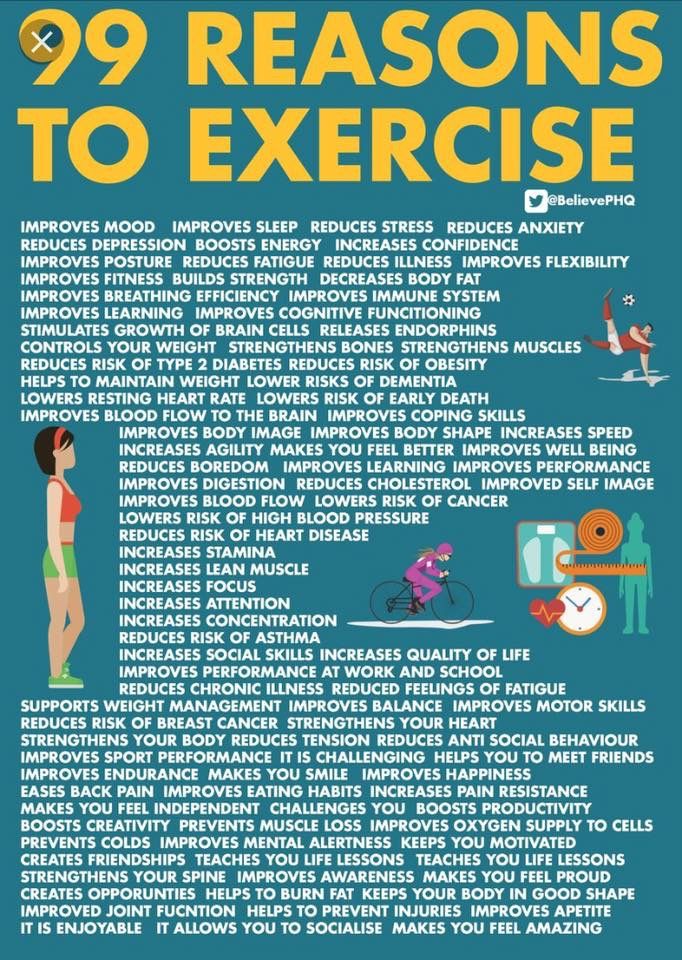 ..the conclusion of a…
..the conclusion of a…
Read More
Load More
Webinar
A Safe Space - Men's Mental Health
This free webinar explores the signs, symptoms, and possible treatments of anxiety and depression…
Read More
Load More
TAKING ACTION
BabyGirl's Enduring Impact: Helping Those with Anxiety and Depression
BabyGirl was a miniature (puddin) Jack Russell who was 8 years old and only 6 pounds. She was…
Read More
Load More
PERSONAL STORY
Ending the Silence of Quiet Suffering
For six weeks, I quietly suffered. I just couldn’t let anyone know what I was going through. I had…
Read More
Load More
How to reduce anxiety
The reasons for anxiety can be the fast pace of life, worries about the future, endless notifications in instant messengers. Anxiety over insignificant things leads to mental disorders. Therefore, it is necessary to recognize these states and learn to manage them independently. T&P tells what can be the cause of anxiety and how to get out of it.

Why do we worry?
In order to get out of an uncomfortable state, you must first understand how it is characterized, what is happening to a person at this moment and what are its causes. This is not about a certain emotion, such as the excitement that occurs before a speech or an important conversation, but about a state. You cannot get out of it in two minutes by taking a deep breath and exhaling. It needs to be worked out on a psychological level. Most often, anxiety is associated with cognitive attitudes that we create ourselves.
Anxiety is an active, agitated state, unlike depression, during which there is no counteraction to stress allows a person to react and adapt in a dangerous situation. American psychologist Charles Spielberger identifies two forms of anxiety: as a state and as a property. In the first case, this is a temporary reaction to external circumstances, in the second - a character trait, a person constantly reacts sharply even to minor interference.
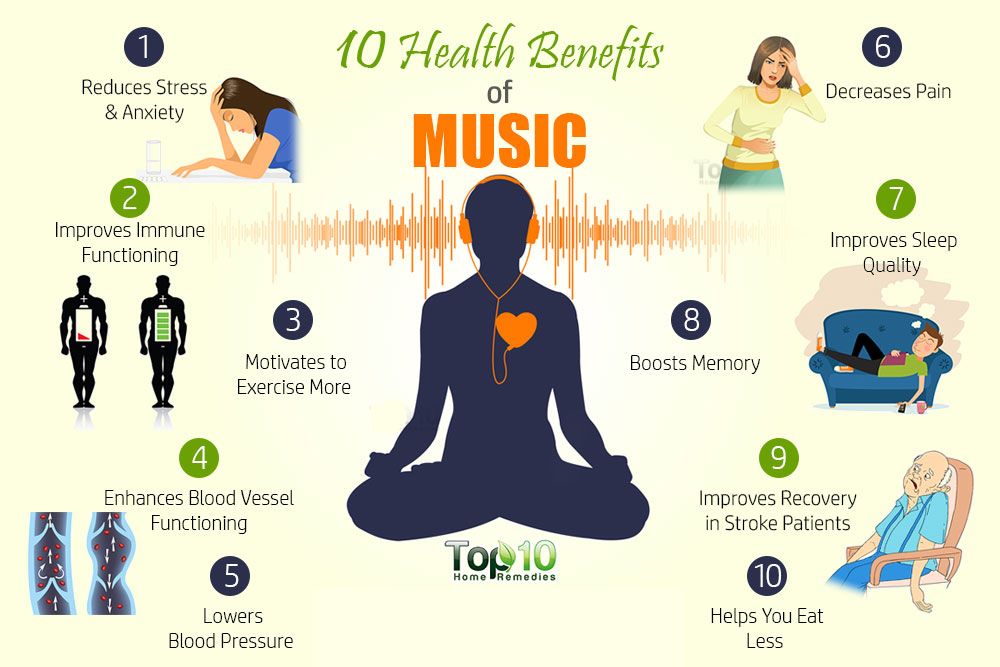
Russian psychologist Yevgeny Ilyin in his book "Psychophysiology of human states" defines anxiety as a prediction of failures in a state of uncertainty. Most often, the cause of this state is the experience and thinking of negative scenarios for the future. However, this can be used for good and not just worry about failure, but think over and draw up a plan of action that you will take in this case.
It's normal to feel anxious about moving to a new place, starting a new job, or taking a test. This type of anxiety can motivate you to work harder. Ordinary anxiety is a feeling that comes and goes but does not interfere with your daily life.
If you have an anxiety disorder, fear can be with you all the time. This type of anxiety can make you stop doing what you enjoy. In extreme cases, it can prevent you from getting on an elevator, crossing a street, or even leaving your home.
Anxiety disorders are the most common form of emotional disorder and can affect anyone at any age.
According to the American Psychiatric Association, women are more likely than men to suffer from anxiety disorders.
Clinical psychologist Michael Tomek
Treatment of generalized anxiety disorder requires psychotherapy and medication. GAD may be accompanied by depression. If you notice for several months frequent excessive anxiety over minor things that is beyond your control and causes a physical reaction (for example, rapid heartbeat, spasms, muscle cramps), you should contact a specialist. Temporary anxiety can be dealt with on your own.
How to reduce anxiety in everyday life
Look for the cause of anxiety
Anxiety cannot be ignored, says psychologist Michael Tomek. Most often, the reason is thoughts about the future. If you have presented a negative scenario, consider how you will act in such a situation, which will help you solve this problem. So you will understand that you will be able to cope with possible difficulties, and therefore there is no cause for concern.
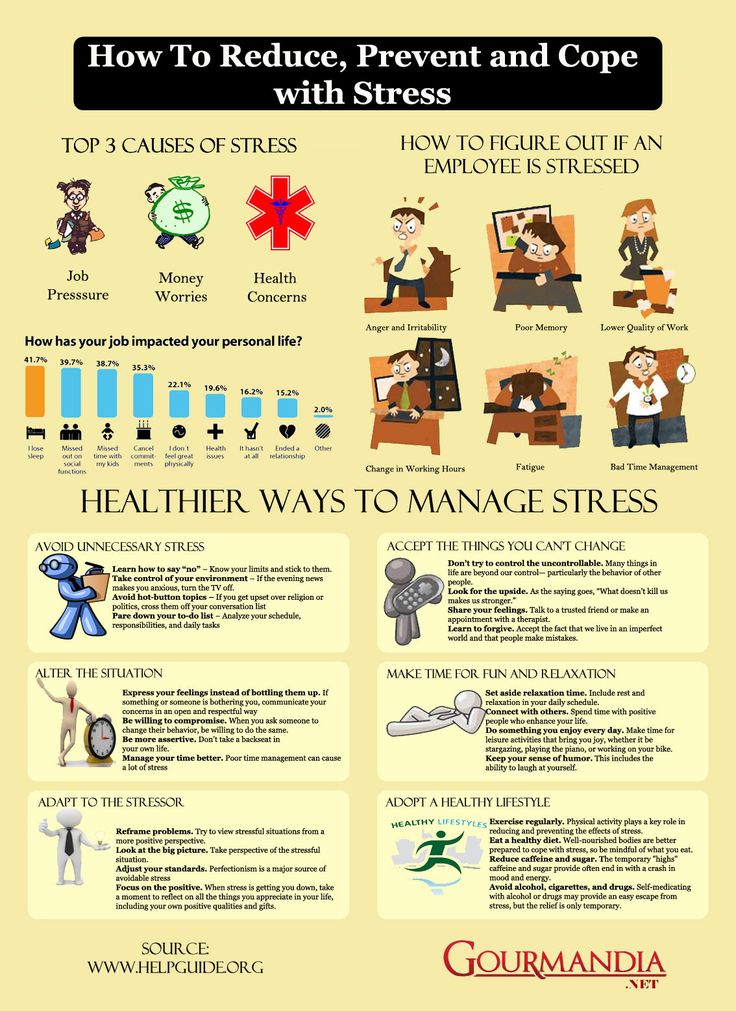
According to Stoic philosophy, all phenomena in the world are divided into controlled and not subject to man. The Stoics are sure that worrying about something that does not depend on us is pointless and it is better to direct all our efforts and attention to things that we control. “Of the things that exist, some are in our power, others are not. In our power is opinion, aspiration, desire, evasion - in a word, everything that is ours, ”says Epictetus in the book A Brief Guide to the Moral Life”
Focus on the body
The Anxiety and Depression Association of America (ADAA) claims that exercise helps a person reduce anxiety. During sports, you are focused on your physical condition and all resources are directed to maintaining it. A single workout can help relieve symptoms for a few hours, and regular exercise can significantly reduce them over time.
Reduce the number of alerts
Frequent use of gadgets can be one of the anxiety factors. You're stressed out if you keep getting alerts on your phone.
Leave only the most important - the rest of the chats, news resources can simply be checked periodically.
Solve math problems and get creative
If anxiety keeps you from doing your normal activities, challenge your brain. It can be exercises in physics, mathematics or a game of chess. You can count backwards in your mind, add and multiply random numbers.
If you are less interested in math problems, take up painting or playing music. The main thing is to shift attention to solving a specific problem and direct all other resources to it.
Watch your breath
Stanford University scientists have found a connection between breathing and our emotional state: the shallower we breathe, the higher the level of anxiety and worry. Therefore, deep breathing practices must be performed periodically.
Simple breathing exercises:
Inhale and exhale deeply in 4 counts for 2 minutes. Engage in diaphragmatic breathing, which activates the entire body.
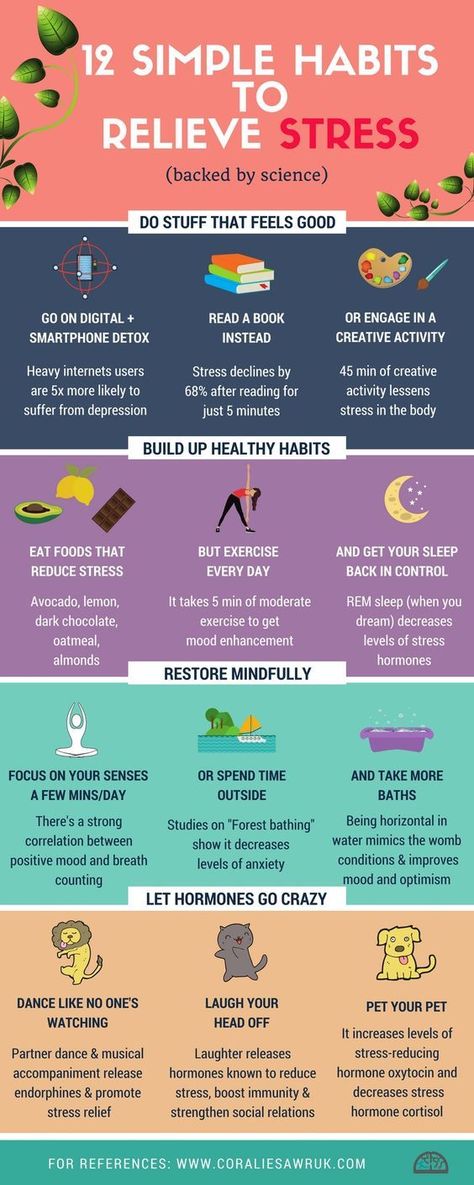
Inhale for 4 counts, hold your breath for 8, and exhale through your mouth for 16.
Close the right nostril and inhale through the left, close both nostrils and hold the breath. Exhale through the right nostril.
Write down your feelings
Describe how you feel and explain the reason for your anxiety. After re-reading this entry in a few hours, you will look at the situation from the other side, as if this is not happening to you. In this state, you may come up with new ideas and ways to solve problems.
Allow yourself to rest
Anxiety can arise from being in a hurry and thinking that you are not doing anything. A busy work schedule and multitasking can increase your anxiety levels. Accordingly, it is necessary to allow yourself to rest, and take short breaks during the working day. This way you can also strike a balance between work and personal life.
Evgeny Ilyin
Publishing house Peter, 2008
Lyubov Karas
Tags
#Instruction
#Psychological stress
#Psychology
#anxiety
#anxiety
699 9000
How to deal GO Blog
Anxiety is an emotional state caused by the expectation of danger or threat.
While fear is a basic human emotion associated with the instinct of self-preservation, and appears directly at the moment of danger.
The terms "fear" and "anxiety" are not synonymous, but they can be used interchangeably when it comes to situational anxiety (state at a given moment in time).
In the normal state, the self-preservation function prompts action, but there are also moments of apathy when anxiety intensifies.
We will tell you how to cope with anxiety on your own and determine its level in yourself.
Read more: "9 Proven Ways to Beat Procrastination"
How to Measure Anxiety
American psychologist Charles Spielberger studied more than 117 signs of human anxiety and created a scale to determine its level. His "assessment of the level of anxiety" is divided into situational and personal. Situational is responsible for the state at a given moment in time and the influence of external circumstances - for example, self-isolation.
Personal - character of a person.
To determine "your level" of anxiety, you can take a test of 40 short questions.
What causes anxiety
The main factors that provoke increased anxiety in us are loneliness, problems at work, problems in relationships, health, environment and all sorts of conflicts.
Our lifestyle also has a great influence. For example, we are more likely to experience anxiety states if we are constantly on the phone or watching the news on TV. Digital progress has certainly made our life faster and better, but we pay for this comfort with an additional level of stress, new fears and complexes due to the large flow of news.
Try to minimize the number of hours spent on the Internet. Go outdoors, read, do yoga, cook, cross-stitch, build LEGOs – there are so many more options than you might think.
Stages of anxiety
– Waiting alarm. People who foresee the most unfavorable of all possible situations suffer.
Such anxiety can appear at certain moments or haunt a person constantly.
- Anxiety in the form of phobias is associated with certain situations and objects. For example, fear of loneliness, spiders or darkness. May be a clinical case if expressed in the form of panic attacks.
- Neurotic anxiety. This form of anxiety is the most serious and occurs in many psychological diseases: hysterical, schizoid. There is a pathological level of fear here that destroys the mental health of a person.
Now the whole planet is in fear of waiting because of the incessant flow of news and uncertainty. "Fear of waiting" or "free fear" is formed due to the information flow in which we are constantly immersed. The tools that help to cope with situational anxiety, which has no connection with clinical cases, will be described below.
False alarm
Feelings of fear are easily confused, so before we talk about how to get rid of anxiety, we will learn how to identify it.
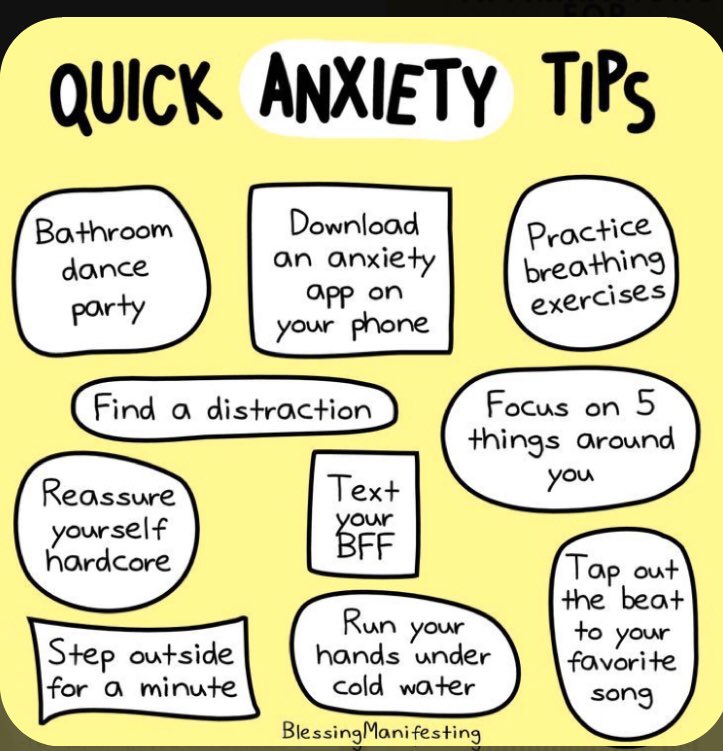
There are situations when we do not distinguish between emotions, so the so-called "false alarm" is formed. In this case, the first thing psychologists can advise is to learn how to isolate anxiety from a large stream of other emotions. Observe for yourself - in what situations you are overcome by anxiety. Divide these situations into those in which anxiety is justified and those where it is not.
For example, you are on a bus and as you approach the bus stop, you are overtaken by a feeling of anxiety. On the one hand, this may be due to fear that you will miss your stop, or a sense of shame, as it is embarrassing to ask the driver to stop the car.
Or another example, you want to ask a teacher a question in class, but you are afraid to raise your hand. This fear may arise from self-doubt and the expectation that classmates will laugh at you.
Sometimes anxiety is born from some other feelings, such as shame or insecurity. Realizing this and overcoming it, you no longer have a reason for concern, and with it the state of anxiety disappears.
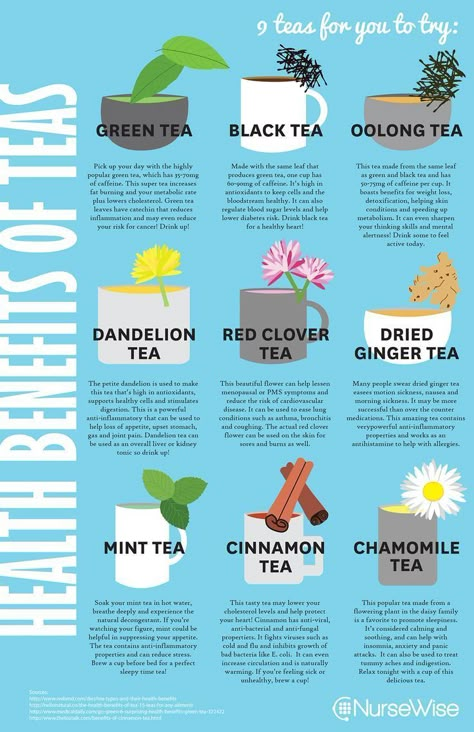
Read more: “How to stop being shy and get rid of the language barrier”
How to cope with anxiety
Detail
Axiety often occurs due to uncertainty in actions and feelings. First, try to find out what causes anxiety. For example, you are worried about being fired from your job. Before you panic, look at the facts: look at the state of the market and the area in which your company operates, evaluate the workload at work now and predict the task plan for the next month. And this applies not only to work, but to any area in which you feel anxiety.
Usually this exercise helps to see the true picture. If you understand that while everything is under control, you can exhale, if not, proceed to your detailing. Write out a detailed plan of action that will help you avoid uncertainty and tell you how to act in any situation:
Write down what skills you have and where they can be useful. For example, being an illustrator or photoshop, having a driver's license and owning a car, copywriting skills, etc.

Edit your resume and prepare some cover letters to the employer about yourself.
Form your own range of services, from the most preferred activities to the least interesting.
Leave a list of potential employers to whom you can offer your services. The bigger, the better.
Write to them!
The work done will help you feel more confident and have a plan to get out of the crisis.
Sometimes anxiety arises from the belief that we will not cope with this or that action. A visual picture of your skills will always help to believe in yourself. When you read your list, you will realize that you can achieve a lot, despite the circumstances.
Read also: “4 things on your resume that will help the employer to choose you”
Use exposure therapy
A complex combination of words with a simple meaning - a meeting with your problem "on the forehead.
" It is important to understand that this is NOT a fight against a problem. The point is to acknowledge the existence of anxiety, not to get rid of it completely.
Don't ignore things that make you feel anxious. For example, to move up the career ladder, you need to learn English, but you haven’t opened your textbook for three days and you constantly scold yourself for it. This lowers your self-esteem and increases your anxiety about your success at work and in life.
Give yourself a full day of rest without worries and self-criticism. Imagine that this is an official vacation or vacation. And then gradually get down to business: you can start with one page of English text per day or a five-minute video. Gradually, you will accustom your body to the load and develop a habit.
Keep a sleep schedule
It is during sleep that growth hormone is produced, which is responsible for the restoration of our body, including the nervous system. Especially if we go to bed before 12 o'clock at night.

The BBC's Trust Me I'm a Doctor, in collaboration with the University of Oxford, did a little experiment on how sleep affects our psychological state. The study involved people who are distinguished by "strong sleep". During the experiment, the participants were given conditions: in the first three nights they had to sleep for 8 hours, which is the norm, and the next three nights - for 4 hours. Every day, the subjects answered questions that helped determine changes in their psychological state, behavior and emotions. The results showed that after two nights of sleep deprivation, negative emotions began to predominate in the subjects, as well as an increase in distrust of others and aggression.
The study also shows that insomnia is not always the result of mental disorders, sometimes it is lack of sleep that provokes the appearance of psychological problems.
Switch
It is important to periodically switch from one activity to another - for example, from physical activity to mental activity.
So, when you go in for sports, there is a restoration of brain functions due to the supply of oxygen. And with mental stress, the muscular system is restored by improving blood flow in the muscles.
A simple alternation of work and study with a small amount of physical activity will improve the functioning of the body's metabolic processes, and at the same time speed up the restoration of the nervous system, contributing to its strengthening.
Meditate and breathe
Meditation and breathing are sure helpers in overcoming psychological instability. A Johns Hopkins University study found a relationship between meditation practice and reduced symptoms of depression and anxiety. The team of researchers found that the effect of meditation is comparable to the effect of depressants - in this case, being a more useful solution to the problem, as it does not cause side effects. Meditation also helps to switch the work of the brain and focus on yourself, and not on the "noise" around.
